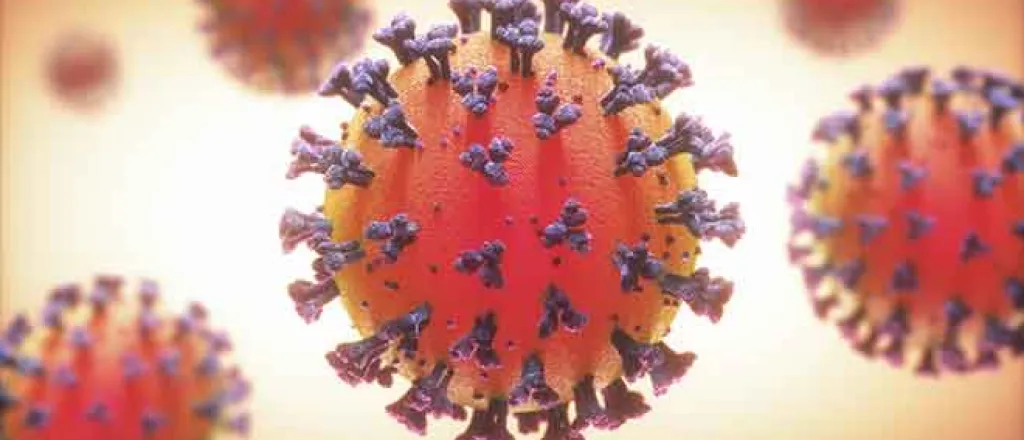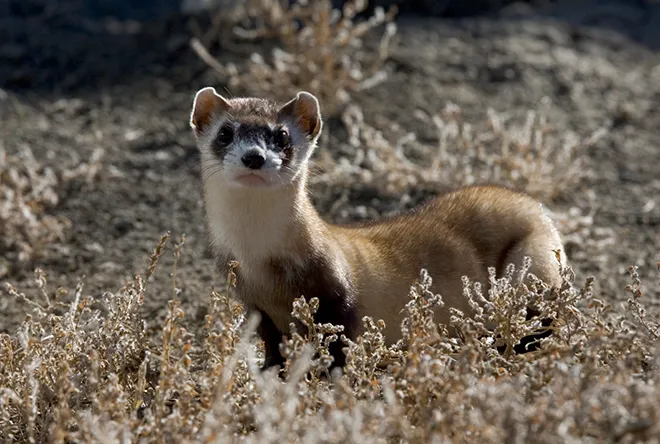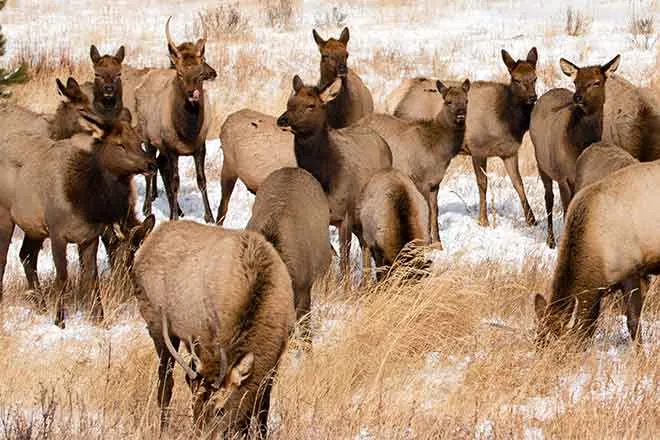
Canine distemper impacting raccoons in the San Luis Valley
Colorado Parks and Wildlife has responded to multiple cases of raccoons that have been positive for canine distemper in recent weeks in Alamosa and Monte Vista.
A raccoon carcass from Monte Vista was sent to CPW’s health lab in Fort Collins, and it was determined the animal was positive for canine distemper. Two more raccoons from Alamosa have also been sent to the health lab for further testing, but the symptoms are consistent with canine distemper.
CPW reminds residents of the importance of getting their pets vaccinated and to always avoid touching wildlife.
“We’ve had a number of reports, and one we submitted for testing did already come back positive for distemper,” said CPW District Wildlife Manager Tyler Cerny of Monte Vista. “In these cases, any other raccoon in the area exhibiting symptoms is presumed to be positive for canine distemper. We are continuing to see more cases.”
The spread of canine distemper is most common through direct contact with infected animals, as the virus does not survive long outside the body. Canine distemper cannot be transmitted to humans but may be transmitted to unvaccinated domestic dogs. Please refer to your veterinarian for proper vaccination protocols for pets.
Key points on disease and animal interactions:
- Make sure your pets are up-to-date on their vaccinations.
- Keep your dogs on a leash when walking them.
- Do not let pets interact with any wildlife.
- Do not let wildlife frequent your backyard.
- Avoid keeping water and food bowls outside to limit possible contamination.
- Teach kids not to touch any wildlife.
Canine distemper is a contagious disease of carnivores caused by the canine distemper virus (CDV). The signs of CDV are not always the same and depend on the species and how long the animal has been infected. Sick animals often have difficulty moving and can act abnormally because of brain infections. Crusting around the eyes and/or nose is commonly observed, while other signs such as coughing, diarrhea, vomiting and thickened paw pads tend to be less obvious. Sick animals usually do not survive.
Wild and domestic carnivores are susceptible to canine distemper. Species affected in Colorado include coyotes, foxes, racoons, skunks and other wild carnivores.
CPW reminds the public that it is harmful to feed wildlife. Feeding can lead to an unnatural number of animals congregating in one place, and a single infected animal can spread diseases through these interactions. Animals that are attracted to the provided food are exposed to the pathogens in the environment and can also spread pathogens directly to each other through “nose-to-nose” contact. Additionally, animals that are already stressed from winter conditions are more susceptible to diseases, making winter feeding particularly dangerous for wildlife health.
Because distemper cannot be definitely distinguished from rabies without testing of the brain, sick animals that have contacted people or pets should be tested for rabies. Please report any contact with wild animals to your local department of public health.
















